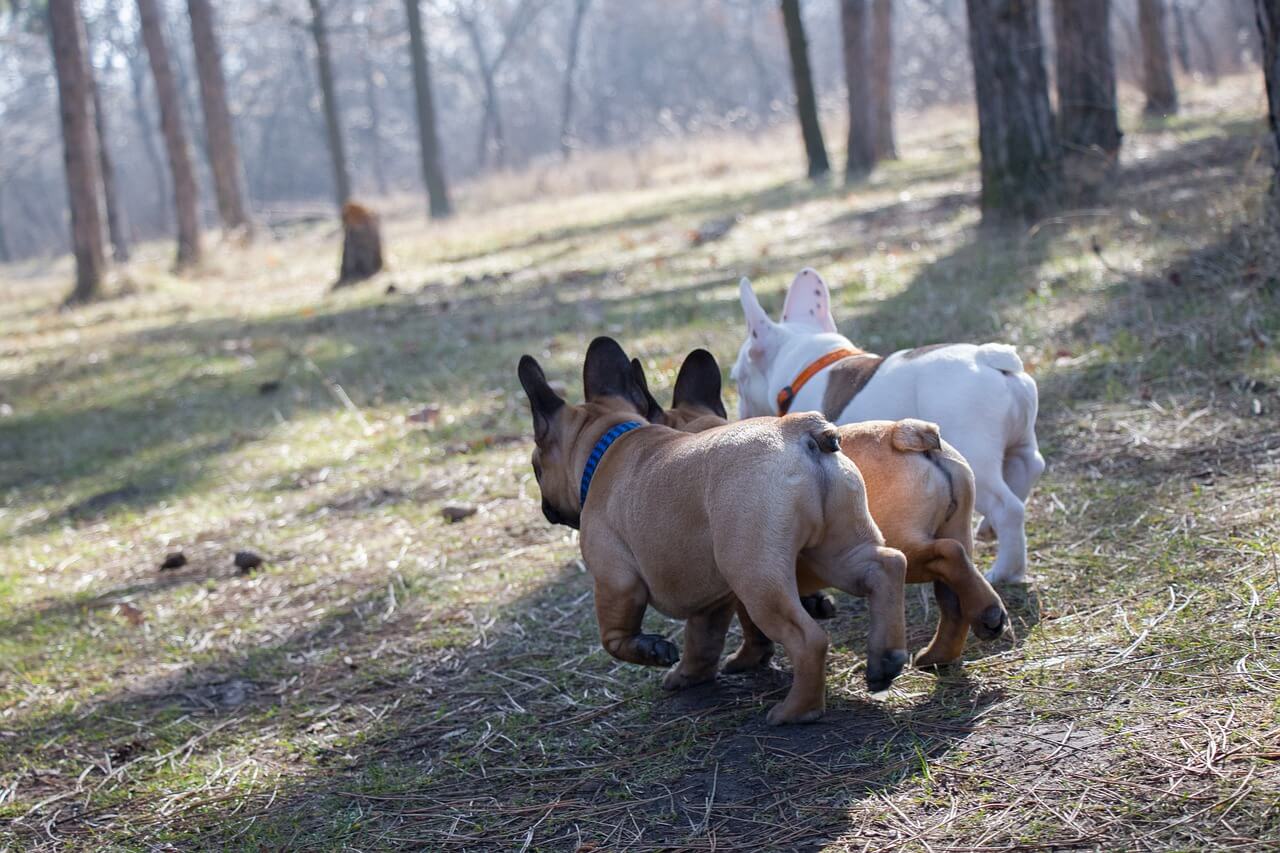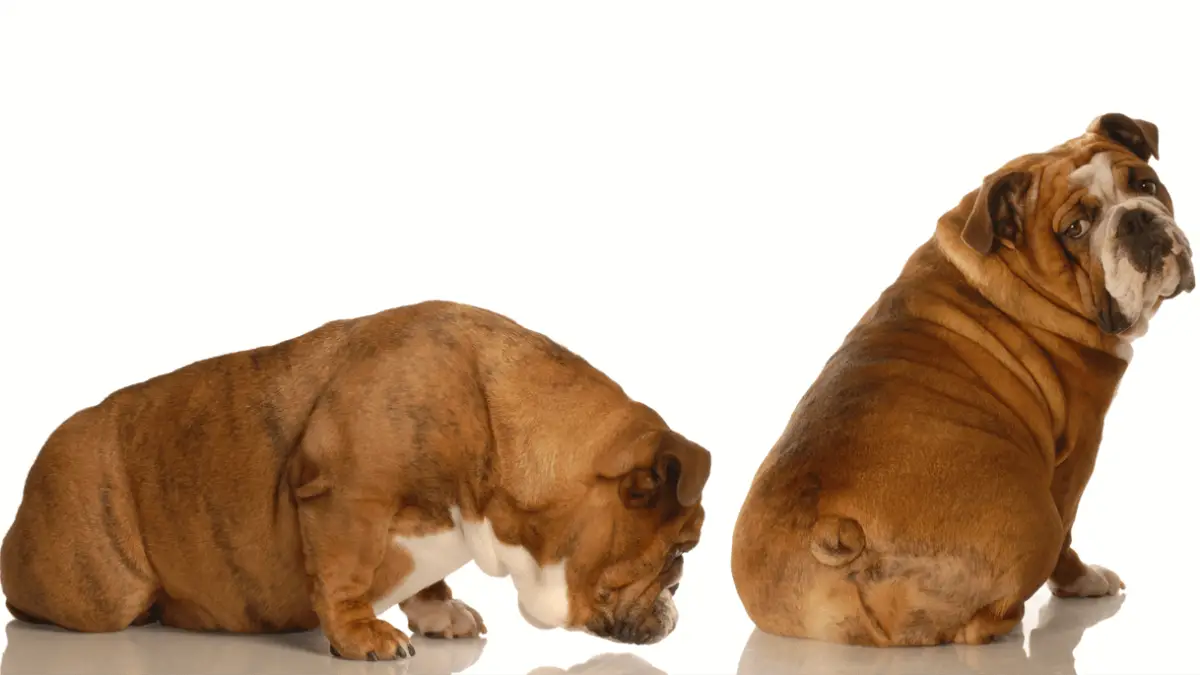Anal Glands In Dogs: All You Need To Know
20.12.2020.
Not every aspect of owning a dog is beautiful and great. Some parts could be considered yucky, and anal glands are precisely that. If you already are a dog owner, you probably heard that some dogs could have anal gland problems. It is an excellent sign that you are interested in learning about your dog's health and how to help them.
You probably wondered what dog anal glands are or what they are for. We will answer all possible questions a future owner might have about them and understand why anal glands' health is essential. Let's start.
What are anal glands?
Anal glands, or anal sacks, are scent glands dogs have. They are a way for dogs to mark the territory every time they defecate. Anal glands are located between the internal and external rectum muscles. They have a small duct that opens just inside the rectum that connects the nasty smelling fluid with the outside world.
Every time a dog poops, these glands should be pushed by the poop. If there is no problem with them, the fluid will mix with the dog's poop, and the territory will get marked. Each dog has a unique "blend" of the smell, so if you ever wondered why your dog smells poop, that is the reason!
Think about giving your dog human food? Here is an article you might find interesting: Can Dogs Eat Tomatoes?
Why should they be expressed?
You probably heard other dog owners talking about expressing their dog's anal glands. If you ever wondered what that means or why they do it, you came to the right place.
Anal glands need to be expressed (or cleaned) if a dog starts showing signs of discomfort. The ducts that connect these glands to the inside of the rectum can quickly get "clogged." There are various reasons why that happens, like inflammation or impaction. If that happens, your dog should have their anal glands expressed.

Infected anal glands
Infected anal glands can become a massive problem for you and your dog. If not treated, they become blocked and painful for your dog. Impaction happens when the fluids inside these glands don't get adequately expressed. That causes an infection that needs veterinary intervention.
If the fluid doesn't come out, it can harden and form a pus-like formation that needs to be cleared. If not cleared, they get inflamed and can rupture through the dog's skin. At that point, vets will need to perform surgery, and they will put the dog on antibiotics and painkillers.
How are anal glands being expressed?
There are two possible ways vets or groomers clean dog's anal glands - internal or external expression. If you know what you are doing, it can even be done at home. We would never recommend you do that alone; it is safer and better to let your vet take care of that.
External expression
The first way vets and groomers do anal gland expression is external. That should stimulate the gland and force the secretion out. It is not the prettiest job, but often, it needs to be done.
Internal expression
The internal expression is the second way vets help empty impacted glands. The tip of the finger is inserted in the dog's rectum, and one gland at a time is lightly squeezed until the content is emptied.
Do you know why dogs have diarrhea? If you are not sure, check this article out: Dog Diarrhea: What You Need To Know About This Messy Problem.
How do I know that my dog has that problem?
There are different symptoms dogs display when they have problems with their anal glands. Some are pretty easy to notice, so keep your eyes open for:
- Biting or licking the affected area
- An unpleasant smell
- Sitting discomfort
- Constipation
- Pain when pooping
- Scooting or dragging their butt across the floor
Infected anal glands can cause different problems, and the most common one is called the anal sack disease.
What is anal sack disease?
Anal sack disease has a bit of a misleading name. It is not a single disease, but a name for a group of problems dogs can experience. It includes inflammation, infection, anal sacculitis, and anal sac abscess.
If your dog is experiencing problems with anal glands often, your vet might recommend removing them. They will recommend surgery, and that should take care of the problem for good.
What dog breeds are prone to these problems?
Technically, all dogs can be affected by these problems, but some breeds have a natural tendency towards them, like with many other dog health problems. Obese dogs or dogs with poor muscle structure are at the highest risk. Small breeds are usually affected by anal gland impaction, so if you are a small breed owner, keep your eyes open for signs and symptoms of anal gland problems.
Here is an article you can check: List of small dog breeds.
How can I make sure my dog avoids anal sack problems?
There are things you could do to make sure your dog lives the healthiest life possible. Make sure they have a healthy diet and keep an eye on their weight. Ensure them enough daily exercise and don't let them lounge all day.
Make sure your dog has regular vet check-ups and ask your vet for advice. Provide your dog with a diet that contains plenty of fiber. Fiber will harden their stool, and their stool will put pressure and express anal glands naturally.
World Dog Finder team







Share